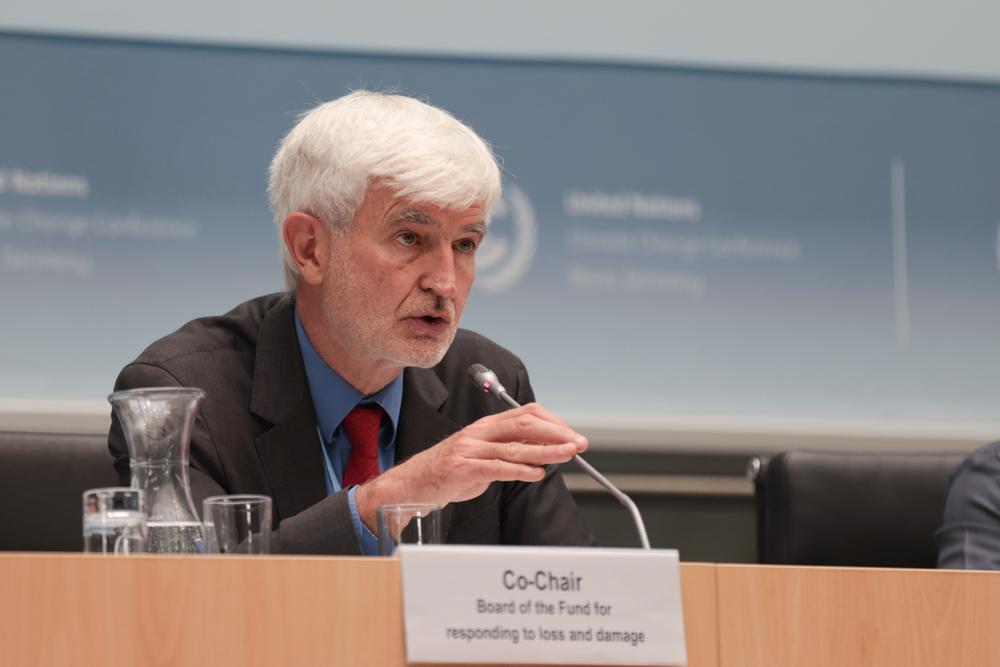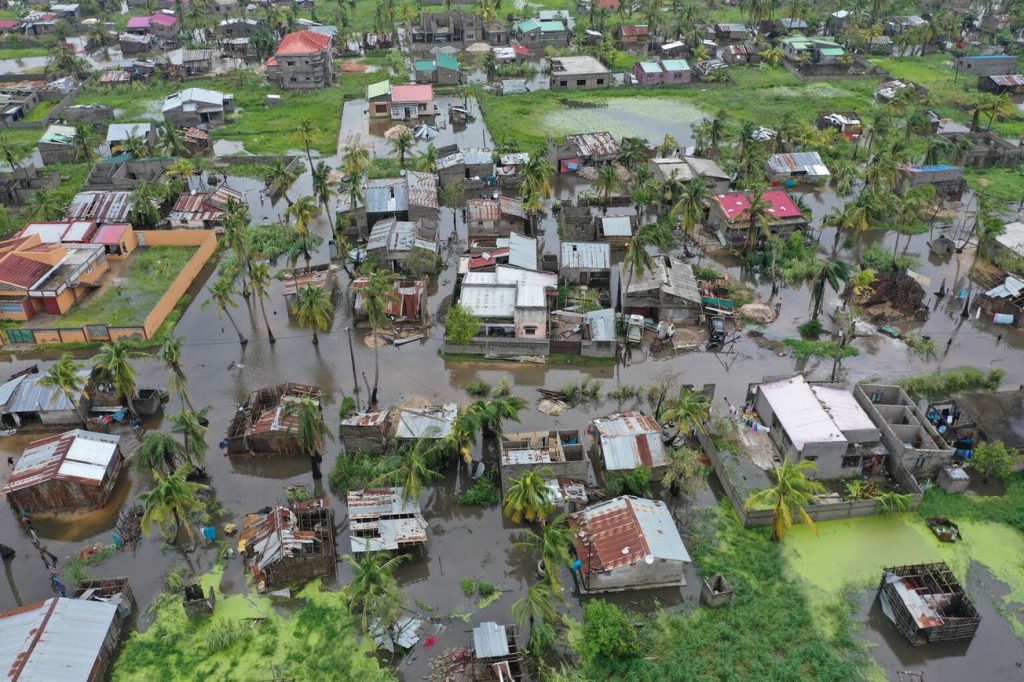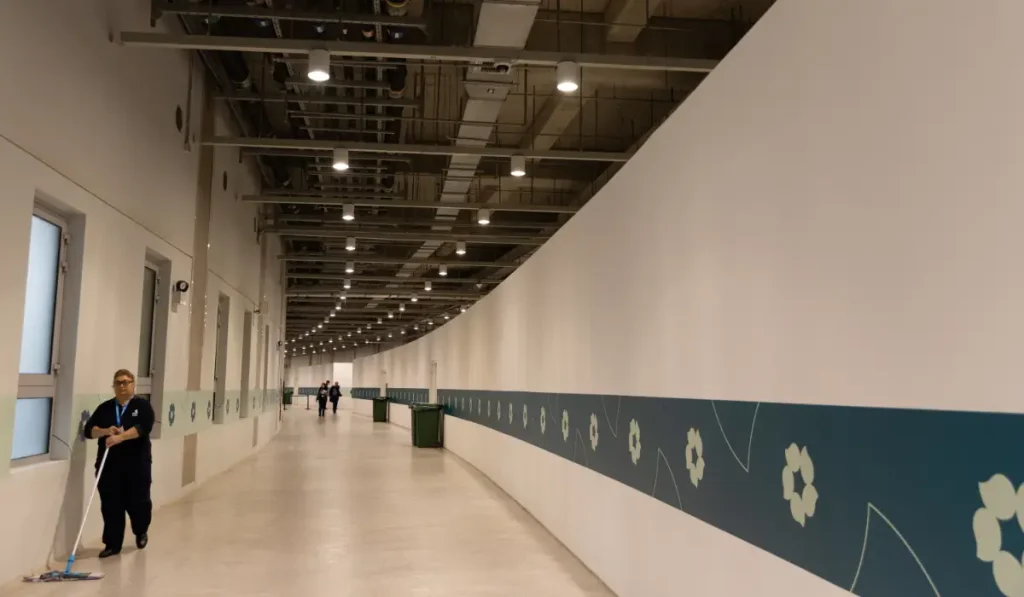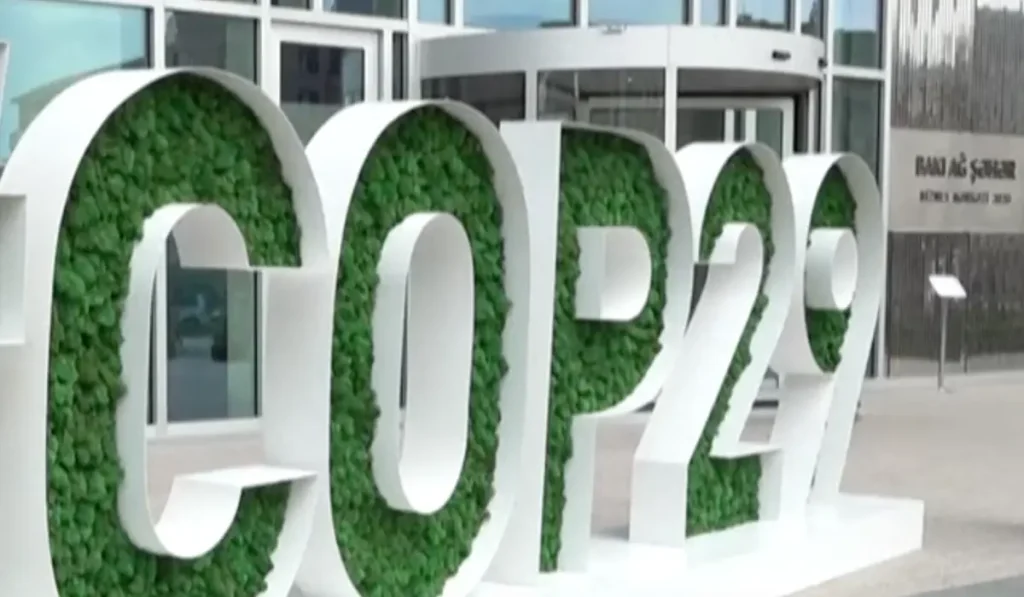UN Secretary-General António Guterres made clear in his address to the General Assembly on 20 September 2022, that a successful COP27 outcome must include funding for loss and damage. He proposed that some of this finance come from “windfall profits” generated by oil-and-gas companies. While Canada has previously expressed openness for a dialogue on a loss and damage finance facility, Environment Minister Steven Guilbeault did not warm to the idea of using windfall taxes. In a report by the Canadian Press, Guilbeault stated that Canada is already ensuring fossil fuel companies pay their fair share toward climate action through carbon pricing and regulations. In contrast, last week Denmark pledged €13.4 million to finance loss and damage. It will be the first central government of a developed country to propose dedicated funding of this nature, joining Scotland and the government of the Belgian region of Wallonia who also made pledges at last year’s COP26.
To the dismay of many, the G20 talks in Bali at the end of August 2022 did not make meaningful progress on the topic. Climate and environment Ministers failed to agree on a joint communique, and the Chair’s summary simply reiterated a commitment “to continue to constructively engage in the Glasgow Dialogue [on loss and damage].”
Support for a dedicated finance facility however remains high within developing countries. Following a meeting of the Least Developed Country Group (LDC Group), representing 46 countries, in Dakar on 15 September 2022, a statement was released emphasising the “crucial importance” of establishing a funding mechanism for loss and damage. Senegalese Minister for the Environment, Abdou Karim Sall told reporters after the meeting that “it is imperative for a fund to be set up which takes care of loss and damage, especially for least developed countries.”
Similarly, the G77 plus China, which initially put forward the proposal on a loss and damage finance facility at COP26 last year, remains steadfast in its resolve. In a Ministerial declaration at the 46th annual meeting of Ministers for foreign affairs at the G77 plus China, in New York on 23 September, the group reiterated its support for a loss and damage finance facility. It also supported the fact that “Matters relating to Funding Arrangements to Address Loss and Damage” will now feature as a sub-agenda item at COP27.
Unsurprisingly the Alliance of Small Island States (AOSIS) has also been vocal in its support of a dedicated finance facility to be established at COP27. Workshops were held by AOSIS in August this year for negotiators from small island developing states to begin drafting a framework for the Loss and Damage Finance Facility.
The issue of a dedicated finance facility remains critically important for the African continent and it would be important for it to continue its work within existing negotiation blocs to strengthen and refine the finance facility proposal. The African continent is already experiencing extreme and debilitating impacts as a result of climate change. In this year alone, Madagascar and its African neighbours have been impacted by five cyclones in 2022. Tropical Storm Ana and Cyclones Batsirai and Emnati have destroyed thousands of houses and fields causing significant losses and damages. In April 2022 South Africa experienced its deadliest storm on record which killed more than 400 people, and an unprecedented drought is underway in the Horn of Africa.


